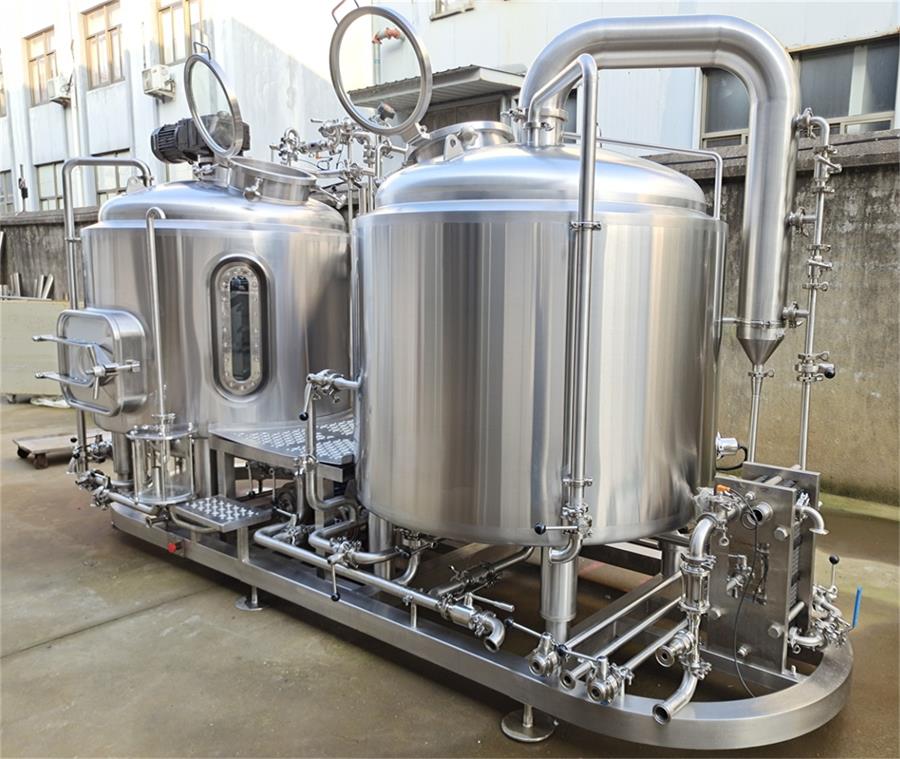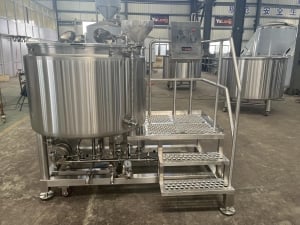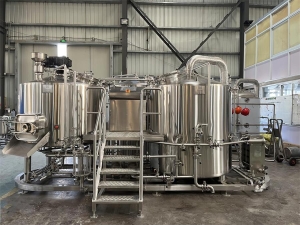Craft beer lovers and brewers alike understand the magic behind a well-crafted brew. But have you ever wondered about the technology and systems that make it all possible? Professional brewing systems are at the heart of every successful brewery, transforming simple ingredients into liquid gold. This article dives deep into every aspect of professional brewing systems, providing a comprehensive guide for both enthusiasts and aspiring brewers.
Table of Contents
ToggleOverview of Professional Brewing Systems
Professional brewing systems are the backbone of modern breweries, enabling the production of consistent, high-quality beer. These systems are designed to handle various brewing scales, from small craft setups to large commercial operations. They combine advanced technology, engineering precision, and artisan techniques to ensure efficiency and quality at every stage of the brewing process.
Brewing systems typically include key components such as mash tuns, lauter tuns, fermentation tanks, and conditioning vessels. They also integrate software for precise temperature control, flow regulation, and automation. The result? Perfectly brewed beer every time.
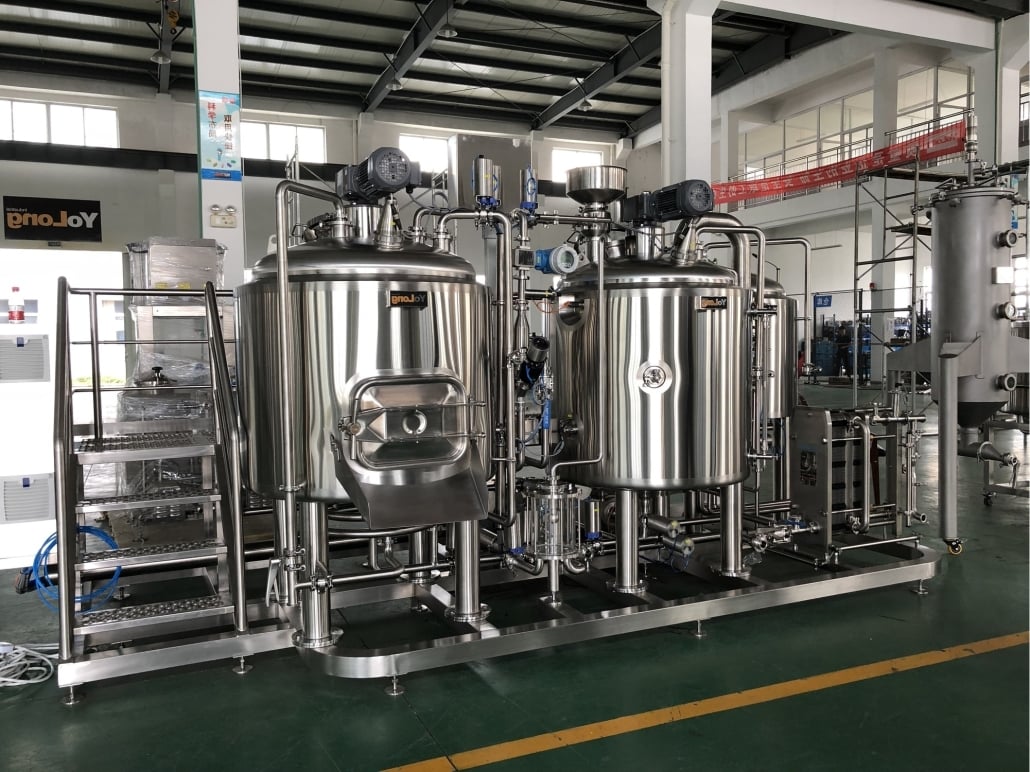
Troubleshooting Common Issues with Beer Fermenters
Every brewer encounters hiccups along the way, and beer fermenters are often the culprits. Common issues range from temperature inconsistencies to contamination. But don’t worry—most problems can be resolved with the right know-how.
Temperature fluctuations can disrupt fermentation, leading to off-flavors. Investing in fermenters with advanced temperature control systems is a game-changer. Contamination, often caused by improper cleaning, can spoil an entire batch. Thoroughly cleaning and sanitizing fermenters before each use is critical.
If you’re noticing slow or stuck fermentation, check the yeast. Old or insufficient yeast can hinder the process. Always use fresh, high-quality yeast and ensure optimal conditions for their activity. With a proactive approach, these common challenges become minor speed bumps rather than roadblocks.
The Brewing Process: From Grain to Glass
Brewing beer is both an art and a science. Here’s a step-by-step breakdown of how professional brewing systems streamline the process:
- Mashing: This initial stage involves mixing milled grains with hot water in the mash tun. The heat activates enzymes, breaking down starches into fermentable sugars. Precision in temperature and timing is crucial.
- Lautering: The sugary liquid, called wort, is separated from the spent grains in the lauter tun. Professional systems use advanced filtration techniques for maximum wort clarity.
- Boiling: The wort is transferred to a kettle and boiled. During this stage, hops are added, contributing bitterness, aroma, and flavor. Automation in professional systems ensures precise hop additions.
- Cooling: The boiled wort must be quickly cooled to a temperature suitable for fermentation. Heat exchangers are commonly used for efficiency.
- Fermentation: The cooled wort is moved to fermenters, where yeast is added. Fermentation transforms sugars into alcohol and CO2. Professional systems monitor parameters like temperature and pressure to optimize this process.
- Conditioning and Packaging: After fermentation, the beer is conditioned for flavor enhancement. It’s then packaged in kegs, bottles, or cans, ready to hit the market.
Comparison of Brewing Systems: Capacity, Space, Design, and Customization
| Parameter | Small-Scale Systems | Medium-Scale Systems | Large-Scale Systems |
|---|---|---|---|
| Capacity | Up to 5 barrels | 5–30 barrels | 30+ barrels |
| Space Required | Compact, ideal for home or nano breweries | Requires dedicated brewery space | Large industrial facilities |
| Design | Simple and manual | Semi-automated | Fully automated |
| Customization | Limited options | Moderate customization | High level of customization |
Each system caters to different needs, from hobbyists to large-scale brewers. Assess your goals, budget, and production requirements before making a choice.
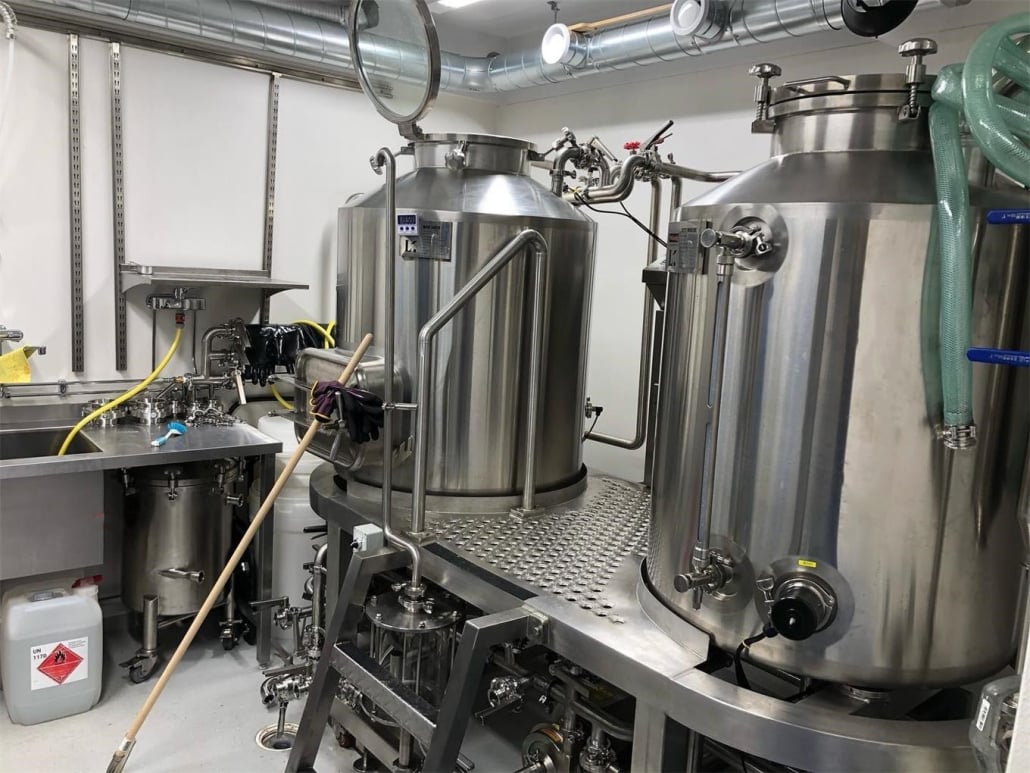
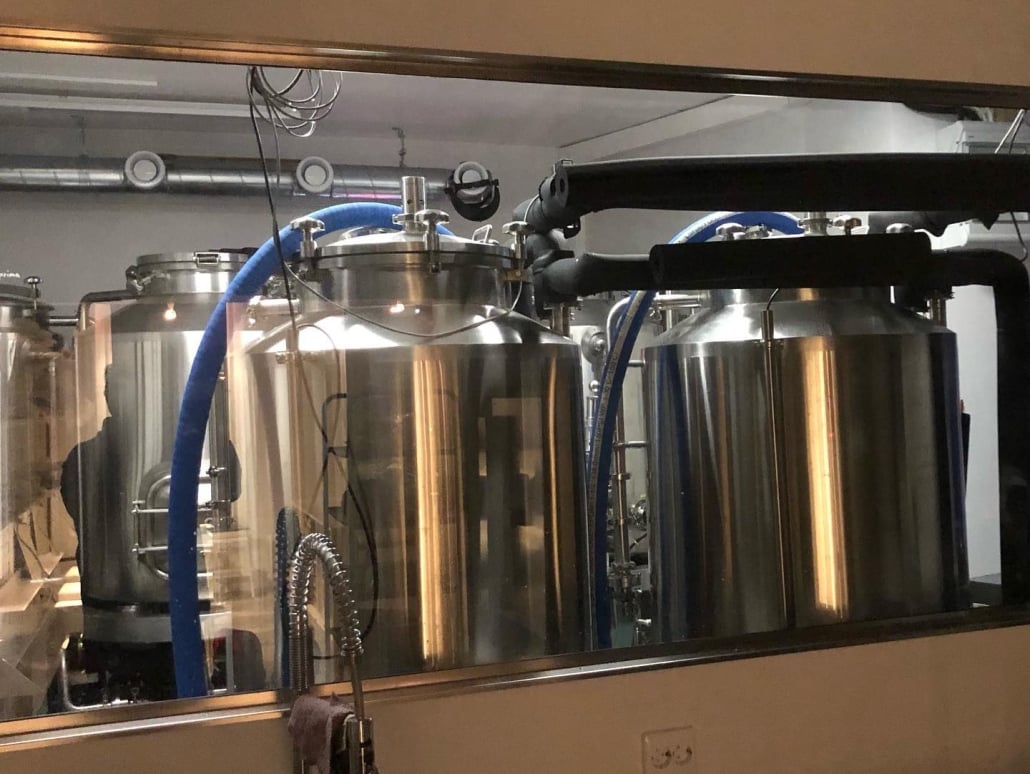
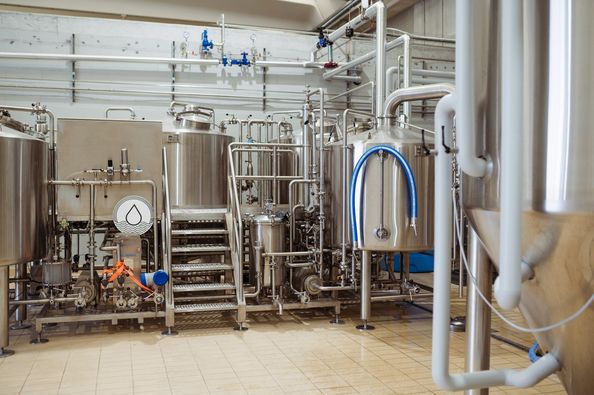
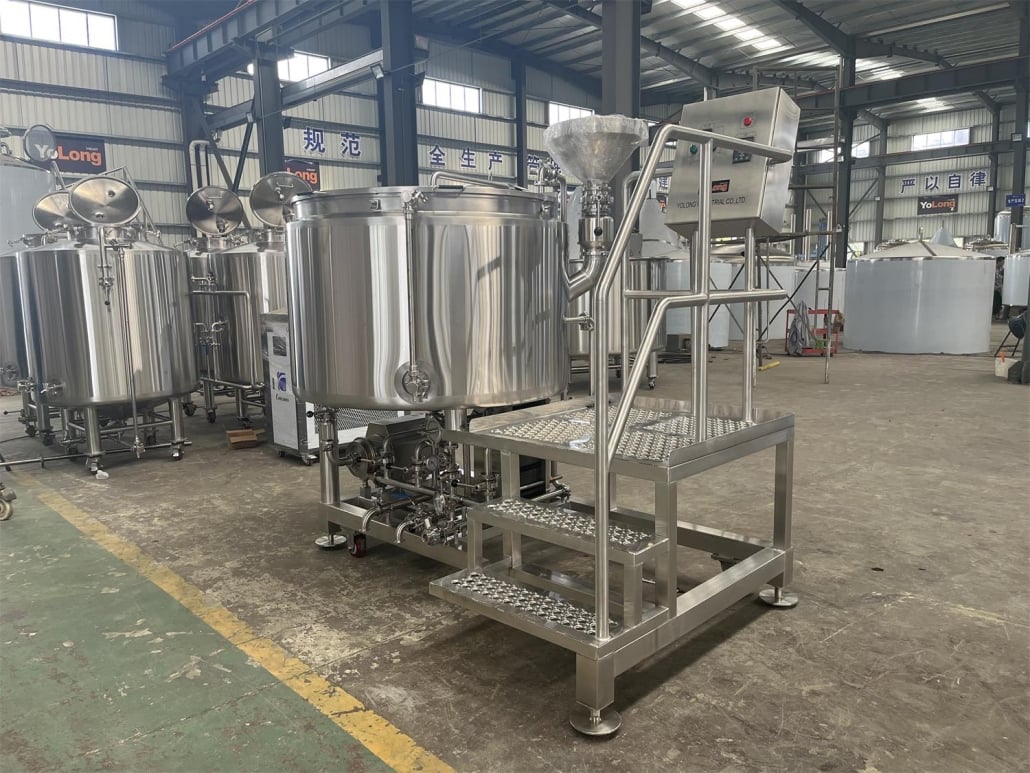
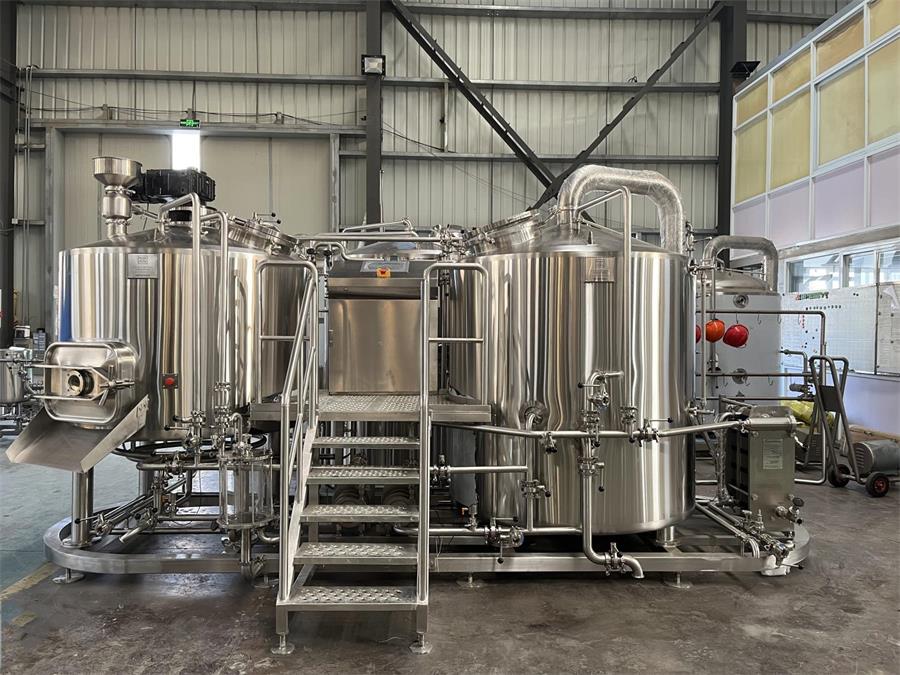
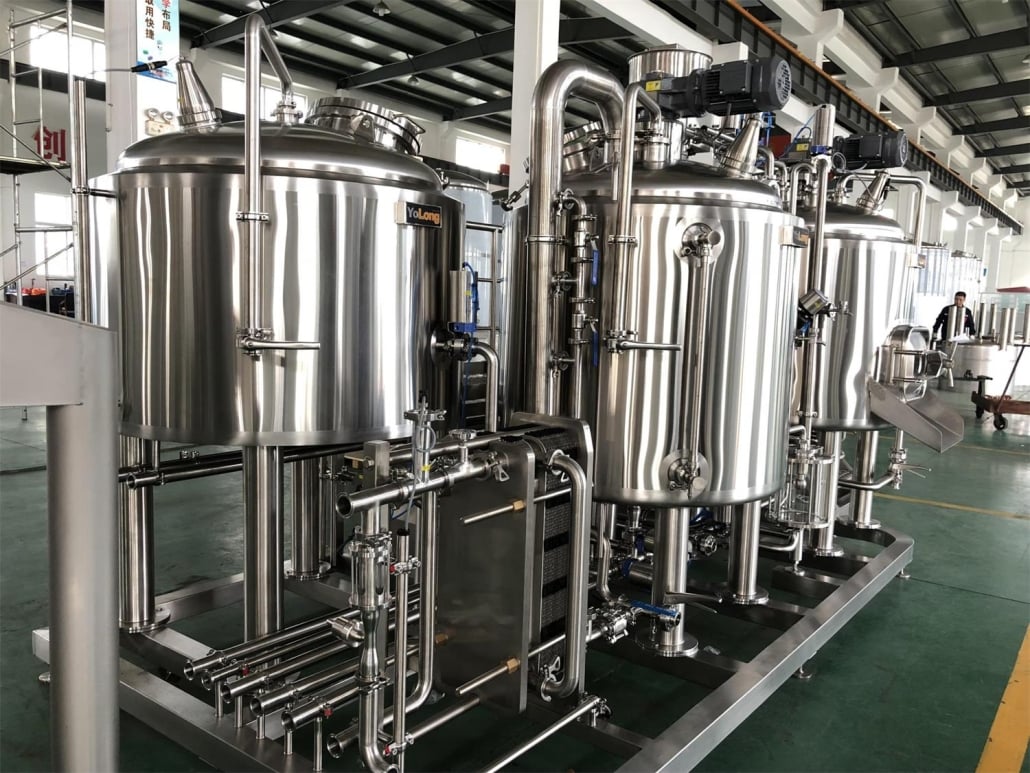
Key Suppliers and Price Ranges
| Supplier | Price Range | Specialization |
|---|---|---|
| Alpha Brewing Operations | $50,000–$500,000 | Custom brewing systems |
| Blichmann Engineering | $5,000–$50,000 | Small to medium-scale systems |
| Ss Brewtech | $2,000–$20,000 | Home and nano breweries |
| Deutsche Beverage | $100,000–$1,000,000+ | Large commercial systems |
Prices vary widely based on capacity, features, and customization. Always compare quotes and ask for references before committing to a supplier.
Installation, Operation, and Maintenance
| Aspect | Details |
|---|---|
| Installation | Requires professional setup; involves plumbing, electrical, and calibration work. |
| Operation | Automated systems simplify tasks; manual systems need hands-on involvement. |
| Maintenance | Regular cleaning, part replacement, and software updates are essential. |
Proper installation ensures optimal performance, while regular maintenance extends the system’s lifespan and prevents costly repairs.
How to Choose the Right Supplier
Choosing a supplier can make or break your brewing operation. Here’s what to consider:
| Factor | Why It Matters |
|---|---|
| Reputation | Trusted suppliers ensure quality and reliability. |
| Customization Options | Tailored systems better suit your unique needs. |
| Support Services | Installation, training, and after-sales support are invaluable. |
| Price vs. Value | Don’t just go for the cheapest option—consider long-term benefits. |
Advantages and Limitations of Professional Brewing Systems
| Aspect | Advantages | Limitations |
|---|---|---|
| Automation | Increases efficiency and consistency. | High upfront costs. |
| Scalability | Easily adaptable to growing production needs. | Space and utility requirements may be challenging for small setups. |
| Precision | Ensures high-quality output. | Requires technical expertise to operate and maintain. |
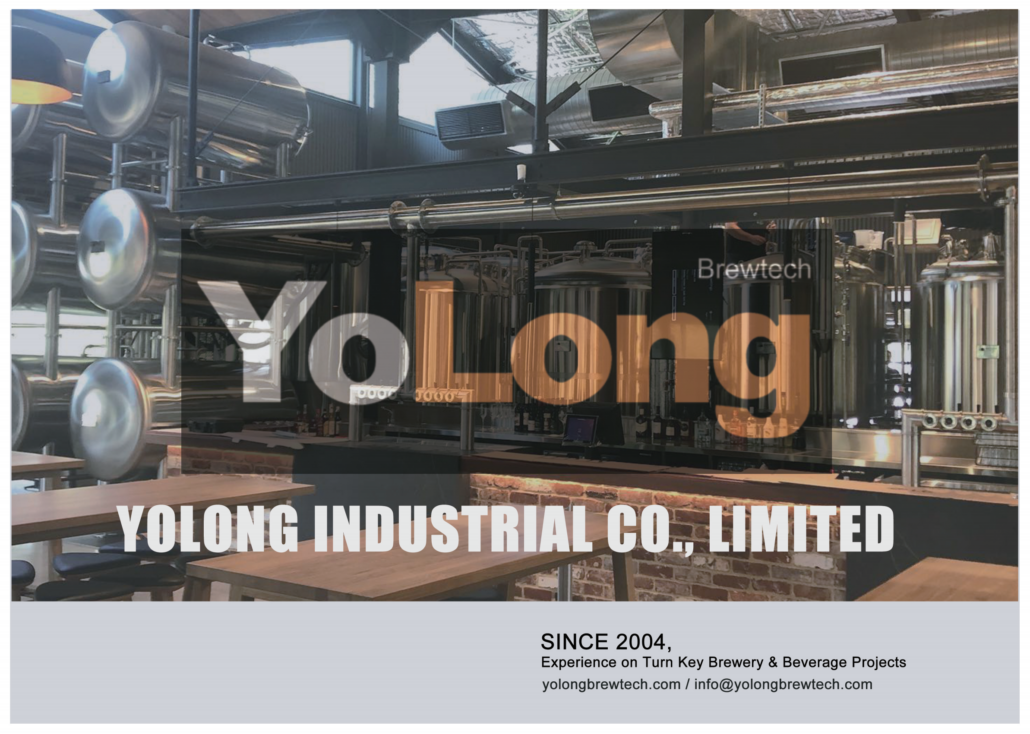
FAQs
| Question | Answer |
|---|---|
| What size brewing system should I choose? | It depends on your production goals and available space. Start small and scale as needed. |
| How much does a professional brewing system cost? | Costs range from $5,000 to over $1,000,000 based on size and features. |
| How do I maintain my brewing system? | Regular cleaning, inspections, and part replacements are key to longevity. |
| Can I automate the entire brewing process? | Yes, many systems offer full automation for efficiency and consistency. |
Conclusion
Professional brewing systems are a cornerstone of the beer industry, blending tradition with innovation. Whether you’re a craft beer enthusiast or an entrepreneur looking to start a brewery, understanding these systems is crucial. From choosing the right supplier to troubleshooting issues and scaling operations, this guide equips you with the knowledge needed to succeed in the world of brewing. Cheers to your brewing journey!

